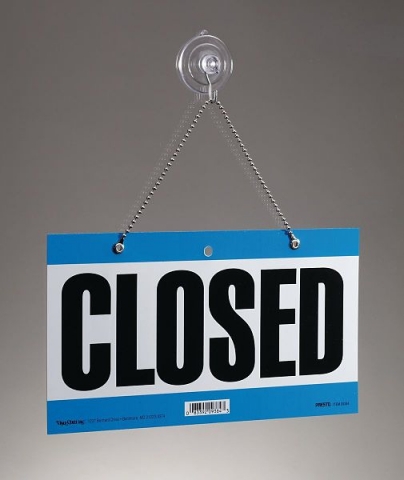Closing Time? The Extension of Polling Station Hours

by: Olivia Snider and Matthew Dearmond
There have been several reports of requests throughout the country for judges to extend polling hours. Earlier this evening a judge in DeKalb County, Georgia ruled that a local polling place must remain open until 7:15 p.m., fifteen minutes past the regularly scheduled closing time. A Hartford Superior Court judge ordered the extension of voting hours at two polling stations by 30 minutes. Also, Democratic Florida Gubernatorial candidate, Charlie Crist just filed a motion requesting the judge to extend the polling hours in Broward County, Florida from 7:00 p.m. to 9:00 p.m. As races are close in all of these places, the court-ordered extensions could even prove decisive.
In a world where litigation has essentially become campaign strategy, lawsuits seeking to extend the polling hours are a common tactic. Election days rarely go off without a hitch, and it seems that every election year, something happens to prompt a request for an extension of polling hours. Judges sometimes try to rectify these extreme circumstances by extending polling hours.
In DeKalb, the judge granted the 15 minute extension due to the fact that the voting did not begin until 15 minutes after the regularly scheduled time. The extension in Hartford is the result of similar circumstances, as a number of the local polling stations failed to open on time as a result of unprepared voter registration lists. Similarly, Crist’s motion focuses on many polling stations that did not open until 8:45 a.m. due to equipment malfunctions. This sort of delay in opening the polls is often the reason for extending the polling hours, but there are also a number of other reasons that may lead a judge to grant an extension.
In previous elections, judges or election officials have granted extensions of the polling hours because of difficulties at polling places. In 2006, a bomb threat in Wisconsin caused a polling station to close for three hours until the area was deemed secure and election officials determined that such a disruption justified a one-hour extension of the polling hours. Two years later, a 2008 ice storm caused a Maryland judge to grant a ninety-minute extension to the polling hours. With such a wide range of circumstances justifying extensions, and judges recognizing the great importance of affording citizens the opportunity to exercise their right to vote, it is perhaps not that surprising that two judges have granted extensions today.
The fact that polls have closed in Florida already complicates the Crist motion, and we will see what the court decides soon.
